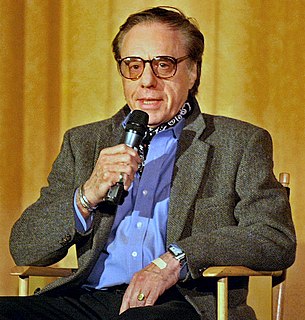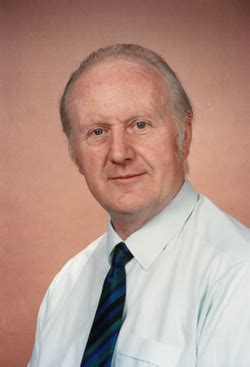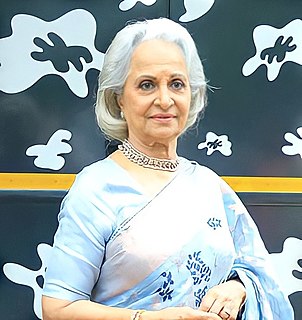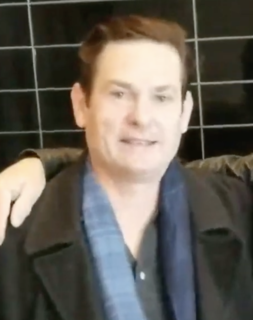A Quote by Kenneth Lonergan
There's something about the impact of a big screen that means something to me, even though I realize almost every film is fated to be seen for a year in theaters, and then forever after on television.
Related Quotes
It [TV] is the cancer of film. It's why people can't be educated to film. In the late '60s, we expected to see a movie or two every week and be stimulated, excited and inspired. And we did. Every week after week. Antonioni, Goddard, Truffaut - this endless list of people. And then comes television and home video. I know how to work exactly for the big screen, but it doesn't matter what I think about the art of movie-making versus TV.
I think one of the reasons younger people don't like older films, films made say before the '60s, is that they've never seen them on a big screen, ever. If you don't see a film on a big screen, you haven't really seen it. You've seen a version of it, but you haven't seen it. That's my feeling, but I'm old-fashioned.
Then something unexpected happens. At least, I don't expect it because I don't think of District 12 as a place that cares about me. But a shift has occurred since I stepped up to take Prim's place, and now it seems I have become someone precious. At first one, then another, then almost every member of the crowd touches the three middle fingers of their left hand to their lips and holds it out to me. It is an old and rarely used gesture of our district, occasionally seen at funerals. It means thanks, it means admiration, it means good-bye to someone you love.
When you remember me, it means you have carried something of who I am with you, that I have left some mark of who I am on who you are. It means that you can summon me back to your mind even though countless years and miles may stand between us. It means that if we meet again, you will know me. It means that even after I die, you can still see my face and hear my voice and speak to me in your heart.
I moved right to L.A., and I had a year of active unemployment. I had 50-something auditions for 50-something different projects, testing and doing callbacks, and could not get hired. And then, almost a year to the day of being out in L.A., I booked my first job, and then I started booking something every other month.
I think most of our eyes are trained to background being completely out of focus, but you can't do that with an iPhone unless you manipulate it quite a lot in post. You have to accept the fact that your film is going to look a little different on the big screen. Even though the resolution holds up, it does have something very different about it.
I met Michael Snow and Stan Brakhage the second day after I arrived, you know. I had never seen or heard of Brakhage. For me, it was a revolution, because I was well educated in film, but American-style experimental film was known to me in the abstract, and I had seen practically nothing. I had seen a film then that Noël Burch had found and was distributing called Echoes of Silence. It was a beautiful film, three hours long. It goes forever and it was in black and white, very grainy, and I saw that film and I thought...it was not New Wave. It was really a new concept of cinema.
It took Cianfrance 12 years to bring 'Blue Valentine' to the screen after he first conceived it. He found Gosling and Williams early on, and they hung in there with him. The film finally premiered at Sundance 2010, then screened at Cannes and the Toronto Film Festival before landing in theaters in December.
I'm still just a kid learning about minimalism, and he's a master of it. It's just really such a blessing, to be able to work with him. I want to say that after working with Rick, it humbled me to realize why I hadn't - even though I produced "Watch the Throne"; even though I produced "Dark Fantasy" - why I hadn't won Album of the Year yet.






































